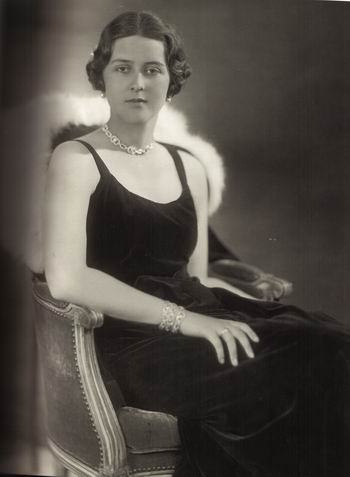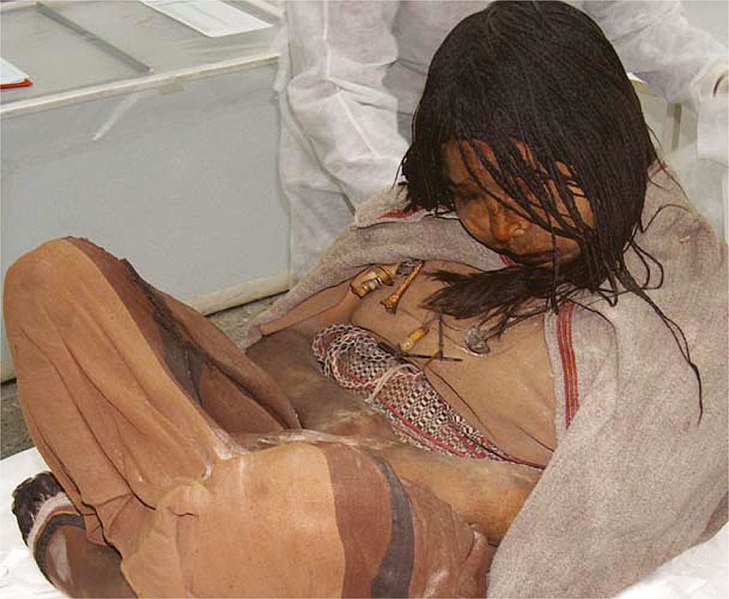In the church of St. Mary Magdalen in Mulbarton, Norfolk, is mounted a copper diptych, a memorial to resident Sarah Scargill, who died in 1680. The left panel remembers Scargill as “a Person of unimitable Devotion, of a most nice and tender Conscience, of sweet Behaviour, and in all Things so faithfull a Servant of God, that I dare contest the Divine Goodness to have rewarded her.” The right panel reads:
Dear Love! one feather’d Minute, and I come,
To lye down in thy dark retiring Room,
And mingle Dust with thine, that we may have,
As when alive, one Bed, so dead, one Grave,
And may my Soule teare through the vaulted Sky,
To be with Thine, to all Eternity.
Oh! how our Bloodless Forms will that Day greet,
With Love Divine, when we again shall meet,
Devest of all contagion of the Flesh,
Full fill’d with ever lasting Joys, and fresh,
In Heaven above, (and’t may be) cast an Eye,
How far Elyzium doth beneath us lye.
Dear! I dis-body and away,
More swift than Wind,
Or flying Hind,
I come, I come, away.
Daniel Scargill.




